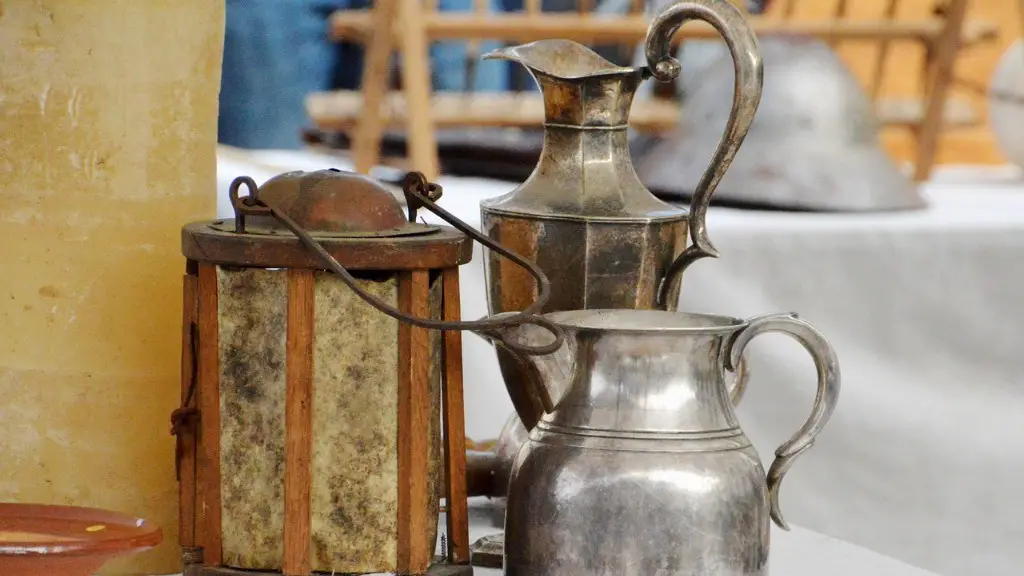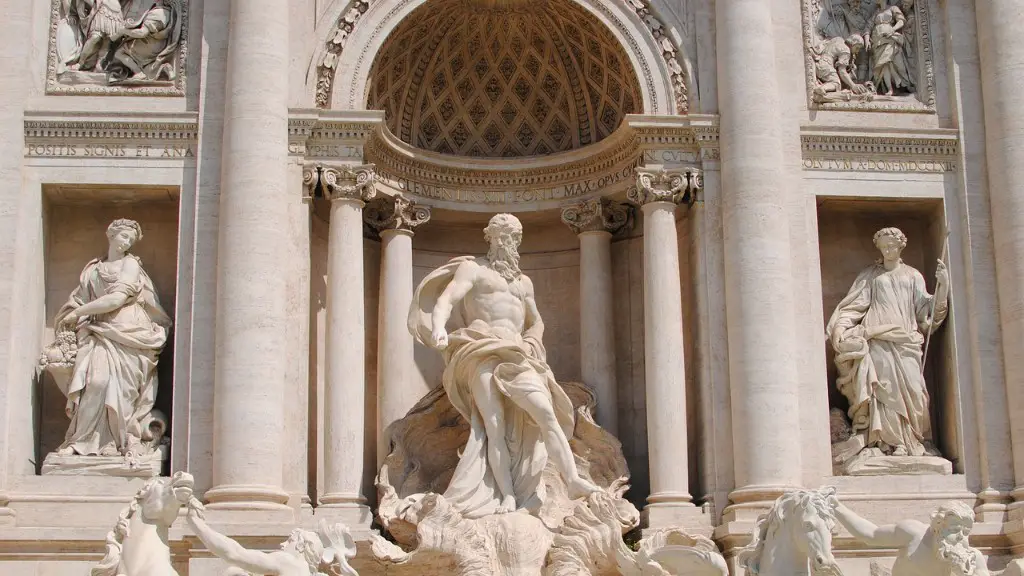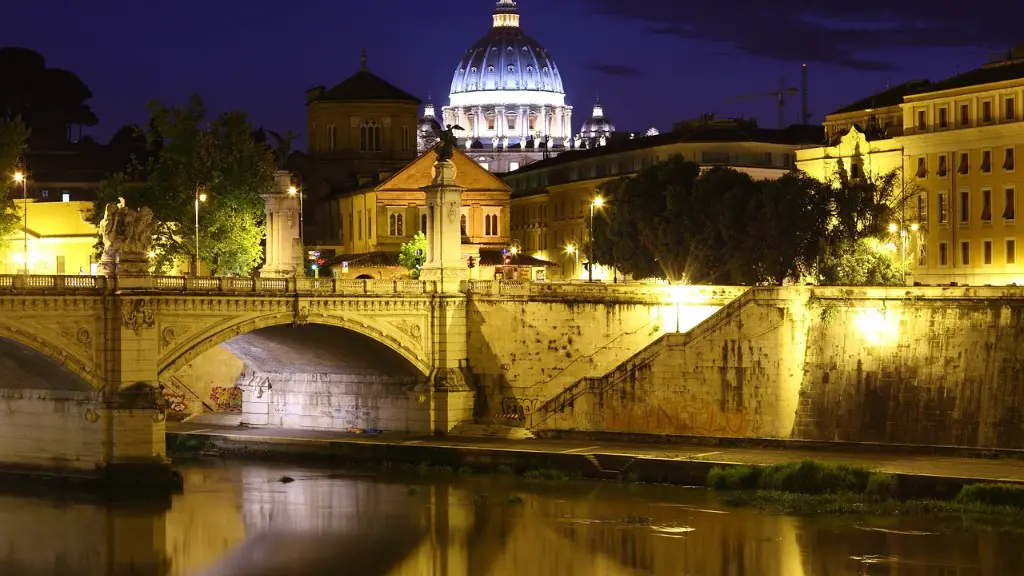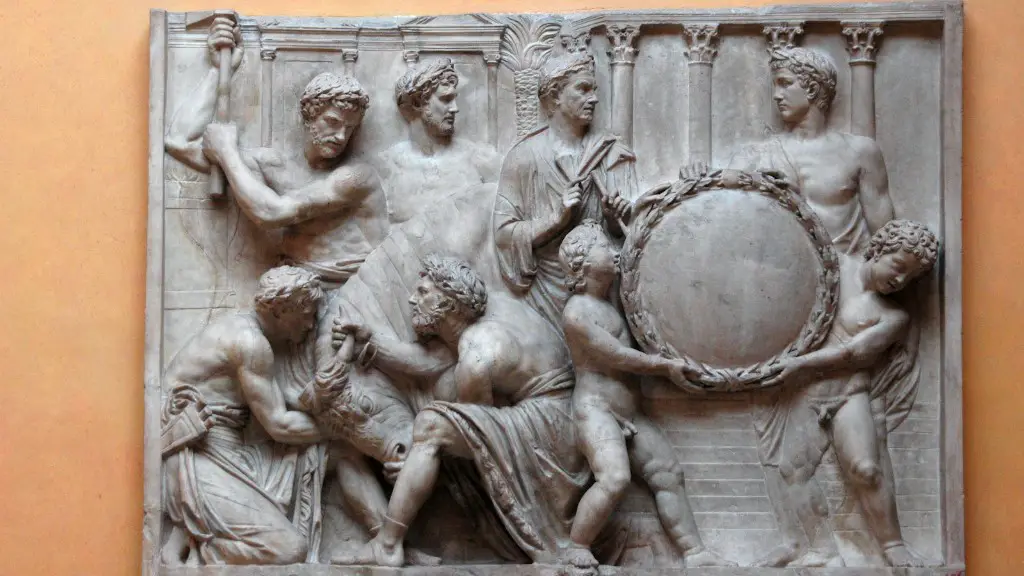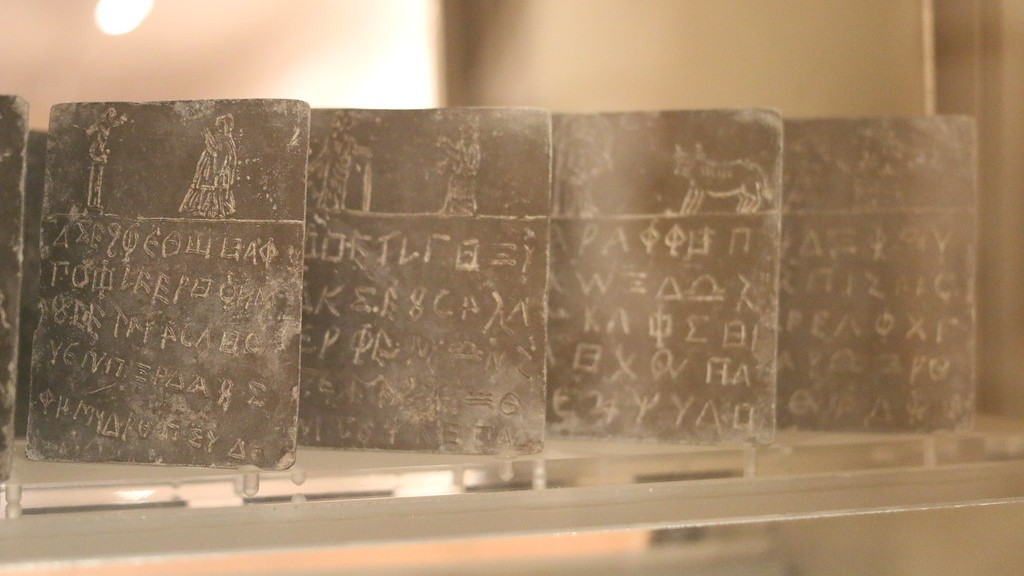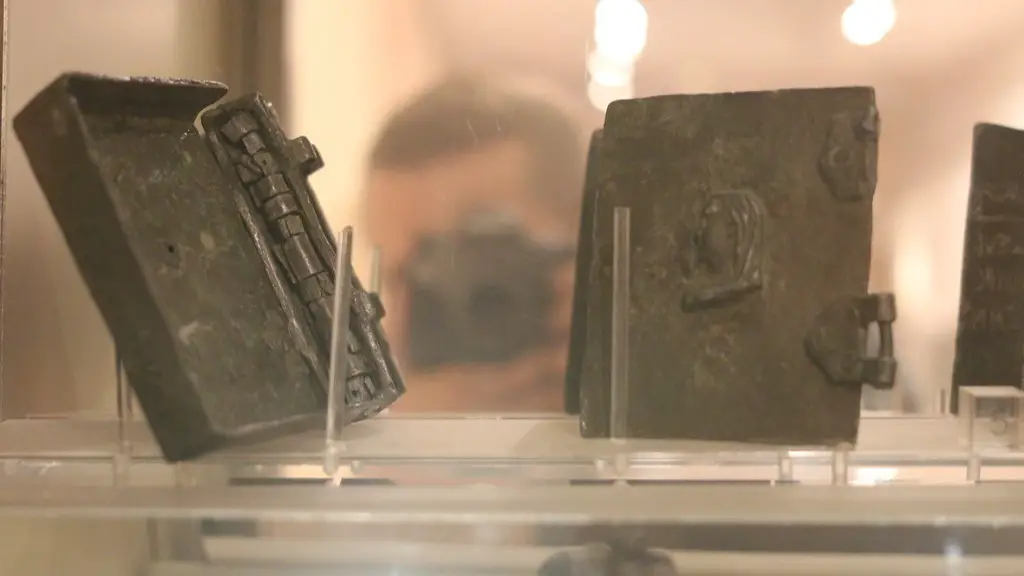Overview of Political Corruption in Ancient Rome
Political corruption is an old phenomenon, and its effects have been felt throughout history. Ancient Rome is no exception. Political corruption of various kinds became rife in Rome. It was due in part to the excessive power often given to public officials and the endless opportunities for financial gain afforded to them.
In Ancient Rome, one of the most common forms of political corruption was bribery. Bribes were a regular part of political life and were used to gain favor or preferential treatment from elected officials. Bribery could be anything from money to luxurious gifts, and it was used to buy influence and maximize political rewards.
Another form of political corruption in Ancient Rome was clientelism. This was a process where powerful individuals would build networks of support by offering services and protections to those loyal to them. The client list would then be used to secure political power and political favors.
Cronyism was another widespread form of political corruption in Ancient Rome. Cronyism refers to the practice of granting favors or jobs to family members and other close friends. This allowed those in power to remain in control, as they used their connections to access resources and power.
The last form of political corruption in Ancient Rome was embezzlement. This form of political corruption involved the misuse or misappropriation of public funds, or the theft of public resources. Embezzlement was seen as a serious crime and was discouraged by the Roman Senate.
The Impact of Political Corruption
The impact of political corruption on Ancient Rome was considerable. Political corruption undermined the functioning and effectiveness of the Roman government and weakened public confidence in the government and its officials. Political corruption also led to unrest and civil unrest, which ultimately undermined the stability of the Roman Empire.
The financial cost of political corruption was also significant, as public funds were being misappropriated or stolen and citizens were paying out bribes. Political corruption also had a negative impact on the Roman economy, as resources were diverted away from productive activities and investment in infrastructure, education, and public investments.
Political corruption also weakened the legitimacy of the Roman government, as many Roman citizens felt that their government was corrupt and not to be trusted. This ultimately led to the eventual decline and fall of the Roman Empire.
Consequences of Political Corruption
The consequences of political corruption in Ancient Rome were far-reaching. Political corruption weakened the Roman government, undermined public confidence in the government and its officials, caused unrest and civil unrest, and cost the Roman Empire dearly in terms of financial resources.
Political corruption also had a negative effect on the Roman economy, as resources were diverted away from productive activities and investment in infrastructure, education, and public investments. This, in turn, had a negative impact on the economic growth of the Roman Empire.
Finally, political corruption weakened the legitimacy of the Roman government, as many Roman citizens felt that their government was corrupt and not to be trusted. This ultimately led to the eventual decline and fall of the Roman Empire.
Underlying Causes of Political Corruption
The underlying causes of political corruption in Ancient Rome are numerous and complex. Some of the most significant underlying causes include a lack of separation of powers, the excessive power and influence of public office holders, and the lack of accountability for public office holders.
In addition, Ancient Rome had a booming economy, which created opportunities for officials to exploit resources for their own gain. The lack of checks and balances, as well as the presence of patronage and cronyism, all contributed to the rise of political corruption.
The lack of rule of law and transparency also facilitated the development of political corruption. This was because public officials often had excessive power and influence, as well as the ability to manipulate public funds for their own gain without any oversight or accountability.
The final underlying cause of political corruption in Ancient Rome was the prevalence of bribery. This type of corruption was so widespread and accepted that it became a political tool used to influence decisions and influence public policy.
Prevention of Political Corruption
Preventing political corruption in Ancient Rome was no small feat. However, it was possible, and a number of strategies were employed by the Roman government to control and prevent political corruption. These strategies included introducing laws and regulations, creating accountability structures, and increasing public transparency.
The Roman government imposed laws and regulations to limit the power of public officials and to ensure accountability for their actions. They also created accountability structures, such as audits and investigations, to ensure that public officials were not misusing or misappropriating public funds.
The Roman government also sought to increase transparency by opening the proceedings of the Senate to the public and by providing public information about the government’s activities. This openness allowed citizens to hold public officials accountable for their actions and served to deter corruption.
Legacy of Political Corruption in Ancient Rome
The legacy of political corruption in Ancient Rome is still felt today. Despite the efforts of the Roman government to control and prevent political corruption, the legacy of corruption is still seen in many aspects of political and economic life.
Political corruption can still be seen in the form of bribery, cronyism, embezzlement, and the misuse of public funds. It is also still seen in the form of patronage, nepotism, and clientelism, which can create patronage networks that thrive on political favors and lucrative government contracts.
The legacy of political corruption in Ancient Rome is also often seen in the actions of public officials today. Corrupt officials are often found to be misusing taxpayer funds for their own benefit, engaging in cronyism, or granting favors to their friends and family members.
The legacy of political corruption in Ancient Rome can also be seen in the attitudes of some citizens towards their governments. Studies have shown that there is a belief among some citizens that all politicians are corrupt, which can lead to disengagement, distrust, and low voter turnout.
Examples of Political Corruption in Ancient Rome
An example of political corruption in Ancient Rome was the case of Verres, a former Roman Governor in Sicily. Verres was accused of extorting money via corrupt practices and was put on trial. His trial was a prime example of the political corruption of Ancient Rome, as it showed how a powerful public official could abuse their power and influence to enrich themselves.
Another example of political corruption in Ancient Rome was the so-called “bread and circuses” policy. This was a policy of emperor Tiberius and Caligula, which offered free bread and entertainment to keep the people of Rome content and loyal to them. This was a form of bribery, as it gave the people of Rome something in return for their loyalty to the emperor.
Finally, an example of political corruption in Ancient Rome was the scandalous trial of Clodius Pulcher. Clodius was accused of impersonating a Vestal Virgin in order to gain access to the Senate and influence votes. This scandal was a major example of political corruption in Ancient Rome and demonstrated how the lack of accountability and transparency allowed powerful individuals to commit corruption with impunity.
